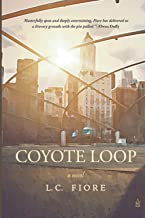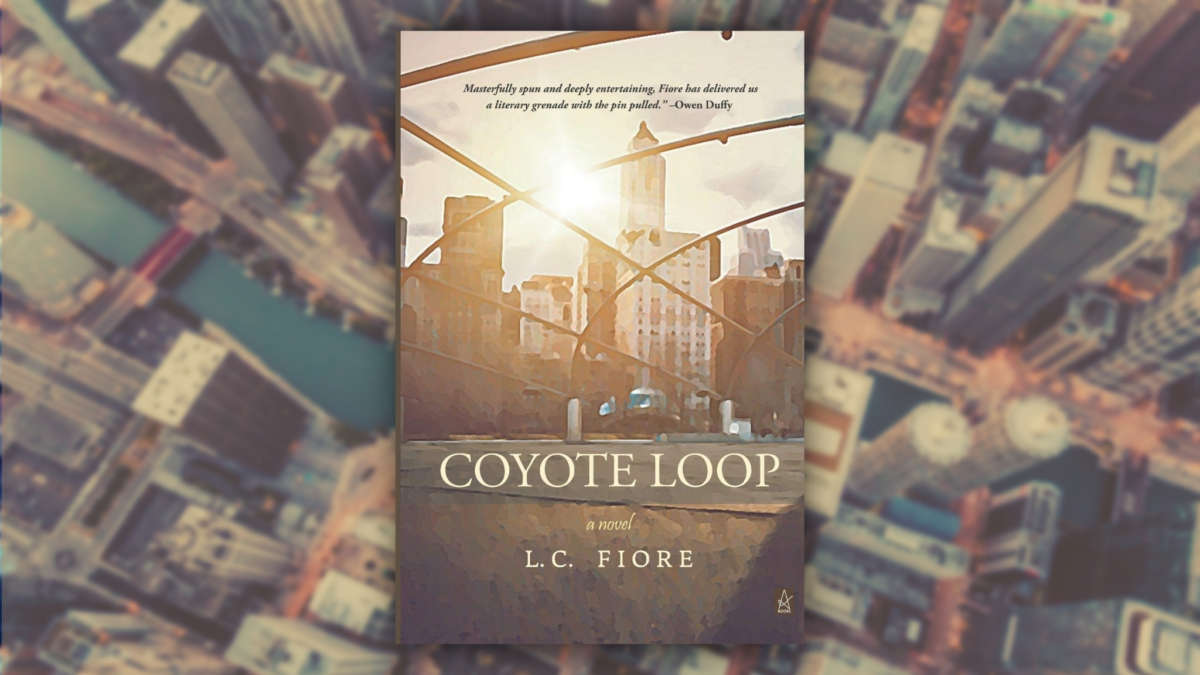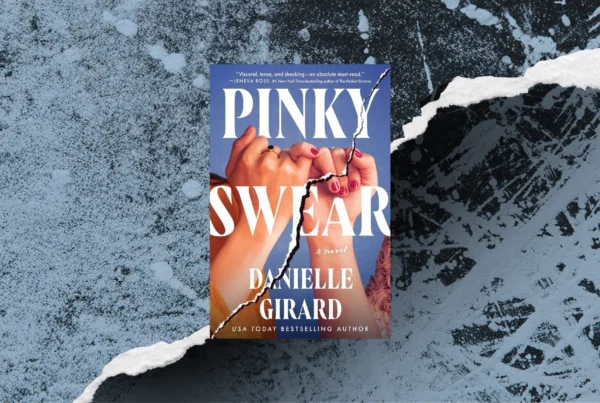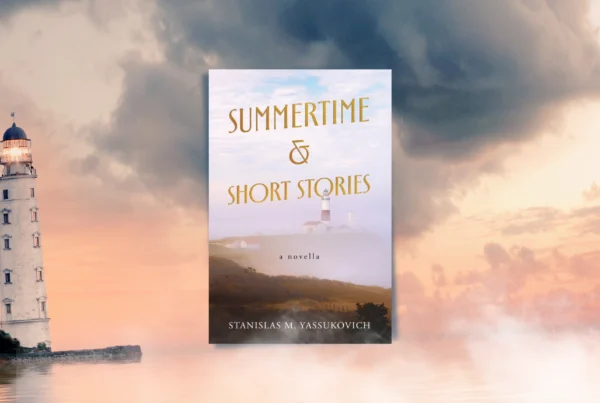Coyote Loop by L.C. Fiore
There are two things you should know about L.C. Fiore‘s Coyote Loop (Adelaide Books).
First, it’s an exquisitely written tale about relationships that evolves into a special sort of love story. It’s not a love story in either the physical or romantic sense, but a deeper, more interesting one about what love should mean between best friends and between a father and his teenage daughter. When worlds are exploding, the damage done by taking either bond for granted is hard to repair, a lesson that our hard-to-love protagonist is destined to learn.
The second thing you should know about Coyote Loop is that it feels like Chicago. The Windy City takes the stage as a character, breathing and heaving with both its beauty and warts. The city’s essence swirls like a gust around the city’s iconic Picasso sculpture or a stiff, chilly breeze over an outfield wall at a White Sox game.
If those two things got your attention, Fiore’s new novel belongs on your must-read list.
Fiore is the author of several award-winning novels, including The Last Great American Magic, which won Novel of the Year from Underground Book Reviews. He’s a former Chicagoan who once worked as an executive assistant at the Chicago Board Options Exchange with experiences that come to life in Coyote Loop. He’s now the communications director for the North Carolina Writers’ Network and lives in Chapel Hill, NC.
TROUBLED TIMES IN THE WINDY CITY
You certainly won’t meet a grittier and more interesting literary character anytime soon than John Andrew Ganzi, whom his co-workers call “JAG.” Ganzi came up the blue-collar hard way, starting as a clerk at age 18 at the options exchange.
As the book opens, he’s a self-absorbed, profanely successful whiz of an options trader, all 5’6” inches of him, complete with a beer belly and nicotine-stained fingers. He leads a team of equally irreverent alpha-males whose potty mouths and sexist barbs would surely get them cancelled in 2021. The book is set in 2008, a year when options trading was transitioning to digital, requiring less human intervention at the same time as markets began tumbling down. Ganzi sees the future. He knows that not everyone on his team will survive the coming carnage, and he might not either.
Ganzi’s dysfunctional marriage has turned Code Red, too. His wife, Azita, has had enough. She’s got a boyfriend. She’s moving, not only out of the house but out of town. Ganzi realizes he hasn’t been much of a father either. Their daughter, Jeanie, is a bright, witty high school senior with considerable potential as a basketball player. She claims to have discovered Jesus to add meaning to her life, but Ganzi wonders if Jeanie learned some deceptive arts from her dad.
Here is Fiore, writing in the first-person voice of Ganzi:
Jeanie’s waiting for me in the breezeway below the Board of Trade, wearing a winter jacket the color of pink bubblegum. She looks tiny against the late-morning bustle and all the black overcoats brushing past, like a diamond on felt.
There’s a gold cross around her neck, a fragile-looking thing. I run it between my fingers. It’s cool and smooth. The two rectangles shine like they’ve been polished. “What is this?”
“Oh.” She stuffs her hands in her coat pockets. “I got confirmed.”
I pat my jacket, hunting for cigarettes. “Aren’t you a little old to be confirmed?”
“Well, I wasn’t exactly raised religious.” We briefly make eye contact. “I have some catching up to do.”
Jeanie stays in Chicago with Ganzi to finish her senior year, requiring him to become an attentive parent while navigating dramatic (and occasionally humorous) challenges at the office. He also must confront his relationship with Pasternak, his assistant and best friend from childhood who wants more from Ganzi than he’s willing to give. And that turns out to be a huge, tragic mistake.
None of this would work so well, including the story’s powerful climax and enigmatic ending, without a talented author as a guide, and Fiore delivers. In his hands, Coyote Loop is like a Chicago wind in April that can’t forget the dark, cold winter and brings only hints of better weather for the relationships that matter most in our lives.
This review previously appeared on WindyCityReviews.org, a site operated by the Chicago Writers Association for authors and independent publishers with Chicago connections.





